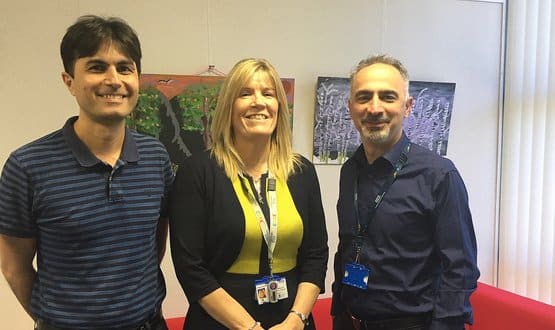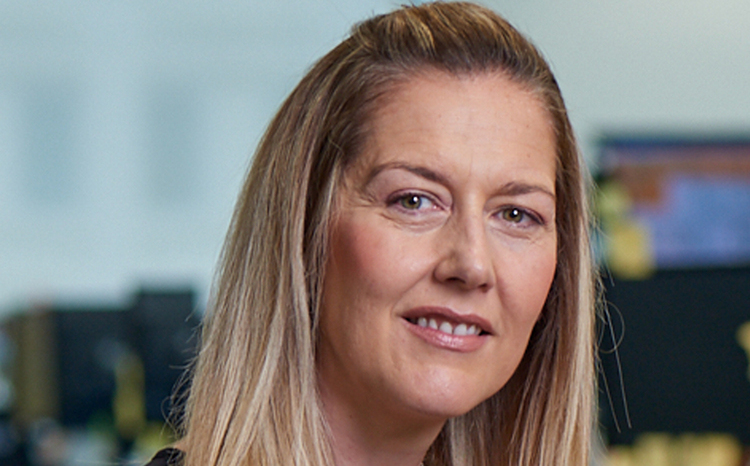Surrey trust awarded additional £1m funding for ‘pioneering’ IoT dementia study
- 18 September 2018

Surrey and Borders Partnership NHS Foundation Trust has received an extra £1 million in funding for a “pioneering” study that enables clinicians to remotely monitor the health of people with dementia.
The Technology Integrated Health Management (TIHM) for dementia study aims to support people living with dementia at home by helping clinicians proactively identify health problems.
It uses a network of internet-enabled devices installed in the home in combination with a machine-learning system, which together can indicate when an individual with dementia needs support.
This includes alerting clinicians to signs of urinary tract infections (UTIs), a primary cause of unplanned hospital admission among people with dementia.
The study is being led by Surrey and Borders Partnership and involves the University of Surrey, the Alzheimer’s Society and health technology provider, Howz.
An additional round of funding is being made available by NHS England and the Office for Life Sciences after an initial trial showed a “significant statistical reduction” in neuropsychiatric symptoms in the 400 participants involved.
Early findings indicate that individuals involved in the trial demonstrated lower levels of depression, agitation, anxiety and irritability, all of which are commonly exhibited by people with dementia.
Dr Helen Rostill, the trust’s director of innovation and development, said: “We are delighted this important study has been awarded additional funding to help us build on the successes achieved during the first phase of TIHM.
“We believe TIHM has the potential to transform care for people with dementia and also those with other long term conditions as well as reduce some of the pressures on the NHS.
“We will further develop this work in phase two to improve early intervention and reduce people’s need for hospital admission.”
The second phase of TIHM will be launched in October.
Up to 200 people with dementia and their carers will be recruited from across Surrey and North East Hampshire to take part. Carers will be able to keep track of the wellbeing of the person they are supporting using a mobile app.
People with dementia taking part in TIHM phase two will be given wearable health-tracking devices and will have a network of small, internet-enabled sensors and monitoring devices installed in their home.
In combination with the machine learning algorithm, these devices can identify if a person has high blood pressure, is dehydrated, has developed a urinary tract infection or has wandered from home.
If a problem is identified, an alert will be flagged on a digital dashboard and followed up by a specialist clinical monitoring team.
‘First of kind’ programme
TIHM for dementia was launched in September 2016 and is part of the NHS Test Beds programme.
The study received £4.4 million funding for the first phase and is receiving £1.08 million for the second phase.
According to Surrey and Borders Partnership, it is the first programme in the UK and internationally to use an internet of things (IoT) intervention system to support the management of dementia in the community.
Payam Barnaghi, professor of machine intelligence at the University of Surrey, said: “This is a significant project and we are extremely pleased to have received additional funding to extend our work.
“When we meet people with dementia and their carers who have been testing the TIHM technology in their homes, we can see the very real difference TIHM is making to their lives and that is very inspirational for us.”
A report by the Institution of Mechanical Engineers in early 2018 suggested the NHS could save billions of pounds each year by installing supportive technology in the homes of older people to help them remain independent.
In June, Karantis360 and IBM partnered up to develop a cloud-based assisted living system for care homes, sheltered housing, residential care or healthcare facilities.
And project run by Calderdale CCG suggested the use of telehealth in care homes could cut hospital admissions by as much as a third and free up some £1bn for the NHS.
In Sheffield, a number of care homes have been piloting an ‘early warning system’ for residents to preemptively catch health problems and reduce hospital admissions.




